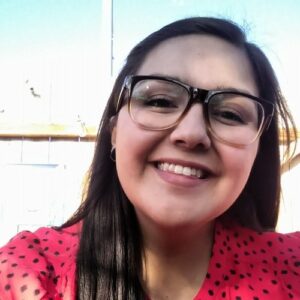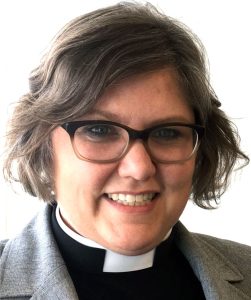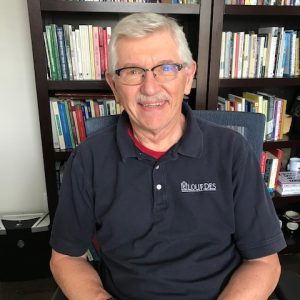Welcome Back
If you are a Program Participant, Program Facilitator, or JustFaith Network Member you are in the right place! Log in to see all your content.
Forgot your password?What our program participants are saying

“The Land is Not Our Own has allowed me the space to honor both my Christian faith and my indigeneity. I have gained a deeper understanding of how to communicate existing in both worlds by sharing with a faith-centered group that is open and empathetic. Our call as people of faith is to journey with the oppressed, and this [program] welcomed being witness to the beauty of indigenous culture and spirituality while also holding space to reckon with the horror experienced by indigenous peoples. We cannot build a better future and world without confronting the sin of genocide that continues to manifest in and through our current systems. This course fostered prayerful critique of history, as well as stoking creative solutions to how to repair the harms of colonization and assimilation, specifically as Christians, both individually and as a group. Together we felt the woundedness of genocide and violence, as well as the hope, creativity, and joyful resilience that indigenous people have carried, carry now, and will carry into future generations.”

The global pandemic is creating a hunger crisis, and as people of faith we are called to respond in meaningful ways. Hunger: A Faith and Justice Response brings the resources and tools to address this hunger crisis and community building practices to empower people of faith to take action

Transformative is the single word that comes to mind. This program challenges us to deal with (and not just examine) the reality of racial injustice on individuals, families, and communities as well as entire segments of our country. We are blessed by having multi-generational African Americans in our group that put flesh to the words of our texts that detail the impact of historical prejudices. In other words, this is not an academic exercise, this is the reality of life lived under and through the historical abuse of laws, processes, power, and privilege. You must deal with this reality.
